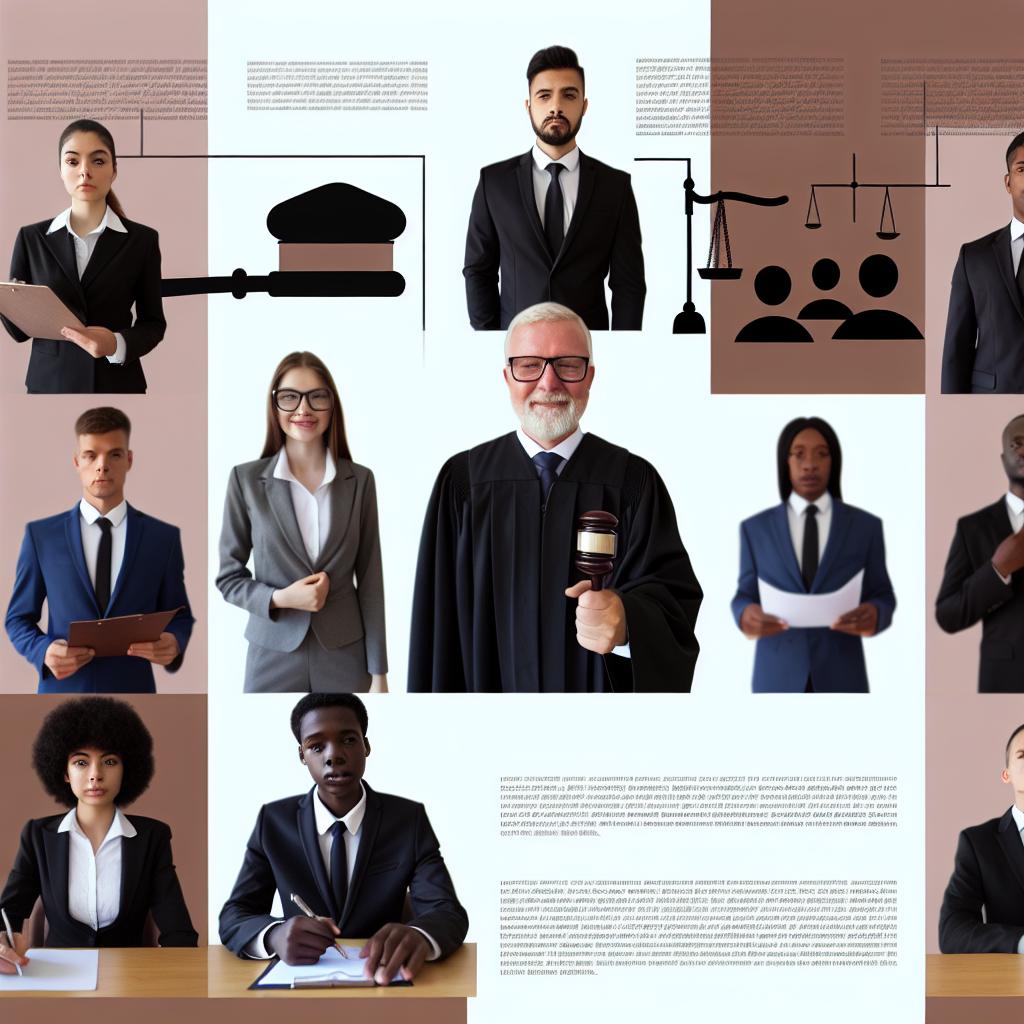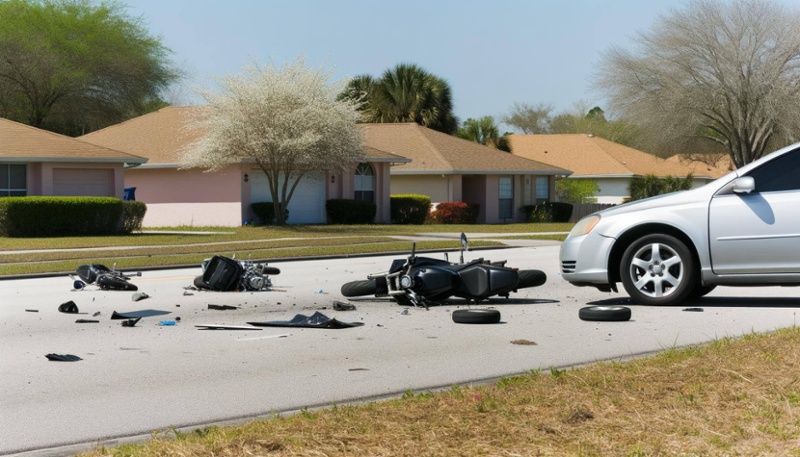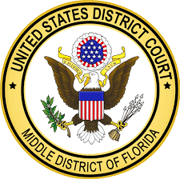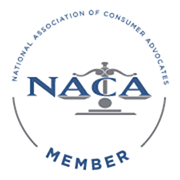Slip & Fall Accident Attorney in Spring Hill
Every year hundreds of Floridians are treated and hospitalized for fall-related injuries in our state, and as Brooksville, Withlacoochee, and Spring Hill, FL continue to grow, the number of slip and fall accidents that occur in Hernando County each year can only be expected to rise. As any personal injury attorney in Spring Hill, FL can attest to, fall-related injuries can often be catastrophic and life-changing. In fact, according to the Center for Disease Control, one out of every five falls causes a serious injury such as broken bones or a head injury, and falls are responsible for more than 95% of all hip fractures in the U.S. and are the most common cause of traumatic brain injuries (TBI).
As these statistics demonstrate, fall-related injuries can be severe, but they can also be expensive. According to the CDC, the medical costs for falls nationwide totaled over 50 billion dollars in 2015, and fall-related injuries are categorized as one of the top 20 most expensive medical conditions in the U.S. Moreover, the average cost of a fall-related hospitalization in the U.S. is $30,000 according to the CDC.
Despite these shocking statistics, employees and other customers negligently cause people to slip and fall in businesses in Brooksville, Withlacoochee, and Spring Hill all the time. The slip and fall accident attorneys at Peck Law Firm have seen the devastating impact a slip and fall accident can have on a person’s life, but a lack of legal knowledge regarding the various laws that govern slip and fall accidents in Florida can often make a bad situation worse. Consequently, there are a few provisions of Florida’s slip and fall laws that you should be aware of if you or a family member has been involved in a slip and fall accident.
Slip and Fall Laws in Florida
Slip and fall cases are categorized under the umbrella of premises liability law, and as such, some of the general principles of premises liability law in Florida apply to most slip and fall claims. One of the most important factors in premises liability claims is which type of visitor category you fall under at the time of the accident. Generally, there are three broad categories of visitors in premises liability law:
- Invitees: Invitees are owed the highest duty of care on the part of the landowner, and they are defined as visitors who enter the premises of a business or land owner for purposes connected with the business of the landowner or occupant of the land, pursuant to the Florida Supreme Court’s holding in City of Boca Raton v. Mattef, Fla. 1956, 91 So.2d 644, 648. Most slip and fall accident victims fall into this category, because they are entering a business for the purpose of purchasing a product or service from the business owner.
- Licensees: Licensees are owed the second highest duty of care on the part of the landowner, and they are defined as visitors that enter the premises of a business or land owner for their own convenience, benefit, or pleasure, pursuant to the Florida Supreme Court’s holding in Stewart v. Texas Co., Fla. 1953, 67 So.2d 653, 654. Some slip and fall accident victims do fall into this category. A common example of a licensee would be someone who enters a business to use the restroom or get change for a large bill.
- Trespassers: Trespassers are owed the lowest duty of care on the part of the land owner. This category of visitors is generally defined as people who enter the premises of a land owner without a license, invitation, or other right, and intrude for some definite purpose of their own such as convenience or to merely idle with no apparent purpose, other than perhaps to satisfy their own curiosity. Although it is possible for a slip and fall accident victim to be a trespasser, it is uncommon.
The categories listed above also contain within them subcategories of visitors, but as stated, most slip and fall accident victims fall within the invitee or licensee visitor category. As a result, most businesses owe slip and fall accident victims a certain duty of care to keep their premises maintained and free of hazards.
Florida’s Slip and Fall Statute
Slip and fall claims, like many personal injury claims, revolve around an accusation of negligence on the part of a business owner. In order to prove negligence, you normally have to prove five essential elements:
- The defendant owed the plaintiff a duty of care
- The defendant breached their duty of care
- The defendant’s breach of their duty of care was the cause-in-fact of the plaintiff’s injuries.
- The defendant’s breach of their duty of care was the proximate cause of the plaintiff’s injuries.
- The plaintiff sustained legally recognized damages as a result of the defendant’s breach of their duty of care.
However, the Florida legislature has also placed an additional evidentiary standard that slip and fall accident victims must meet in order to successfully bring a slip and fall claim in a court of law. Pursuant to F.S.§768.0755, a slip and fall accident victim must prove that the business had actual or constructive knowledge of the dangerous condition i.e. the slippery substance and should have taken action to remedy it.
In order to prove a business had actual knowledge of the dangerous condition, you will need to prove that the business owner or their employee(s) had direct knowledge that the substance was present on the premises. In contrast, constructive knowledge can be proven under F.S.§768.0755 through the presentation of evidence demonstrating that:
- The dangerous condition existed for such a length of time that, in the exercise of ordinary care, the business establishment should have known of the condition; or
- The condition occurred with regularity, and it was therefore foreseeable
5 Things You Should do After a Slip and Fall Accident
Due to the various laws that govern slip and fall accidents in Florida, gathering evidence at the accident scene is a critically important aspect of building the strongest case possible. As such, there are a number of things you should do after being involved in a slip and fall accident in order to preserve as much evidence as possible for your slip and fall accident attorney. As a general matter, you should take the following steps to gather evidence and document your injuries after being involved in a slip and fall accident:
1) Take pictures of the accident scene
2) Ask for the name and contact information of any person that may have seen the accident occur
3) Report the accident to the business and complete an accident report if possible. At this step, it is important for you to keep your statements brief until you’ve had an opportunity to speak with a slip and fall accident attorney.
4) Get evaluated by a doctor who can determine the severity of your injuries
5) Contact a slip and fall accident attorney in Spring Hill, FL as soon as possible
Gathering evidence at the accident scene is crucial for building a strong slip and fall case in Florida. After an accident, take steps to preserve evidence for your attorney.
Slip and Fall Statute of Limitations in Florida
There is a four year statute of limitations for personal injury claims in Florida pursuant to the provisions of F.S.§95.11, and since slip and fall claims fall under the umbrella of personal injury law, you have four years from the day your accident occurs to initiate your slip and fall claim.
However, as a practical matter, slip and fall cases become more difficult to prove over time due to the general deterioration of the quality of certain types of evidence over time, which is why you should always contact a slip and fall accident lawyer as soon as possible if you have been involved in a slip and fall accident.
Slip and Fall Accident Attorney in Spring Hill, FL
At Peck Law Firm, our slip and fall accident attorneys understand the long-term effect a slip and fall accident can have on your life and the lives of your family members from both a physical and financial perspective, but you don’t have to go through this difficult time alone. If you or a family member has been involved in a slip and fall accident, call the slip and fall accident attorneys at Peck Law Firm today to find out how an aggressive slip and fall accident attorney can help you.





